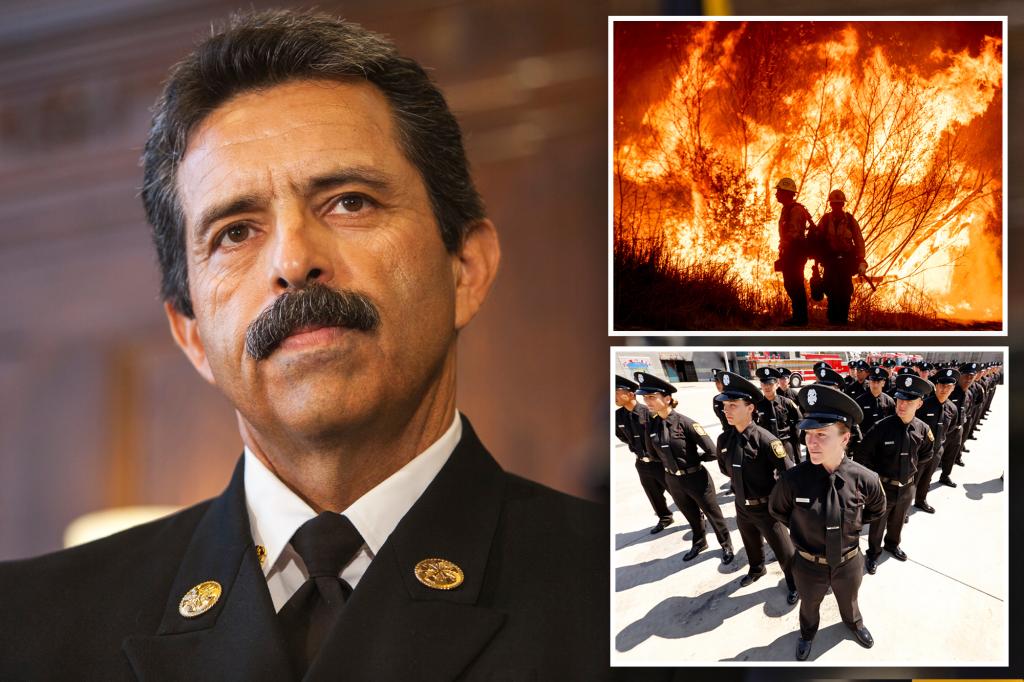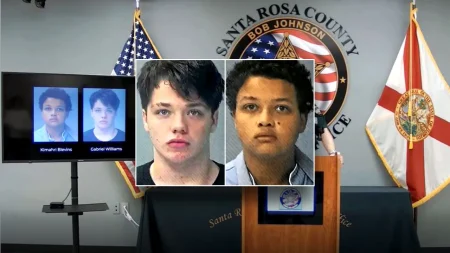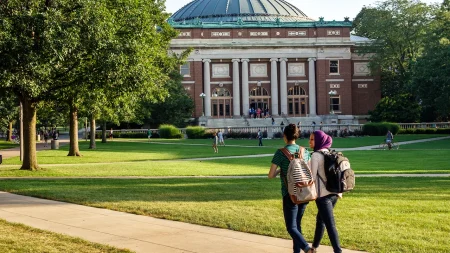The Los Angeles Fire Department (LAFD), tasked with safeguarding the city from devastating wildfires, has been plagued by a long history of internal issues, ranging from allegations of corruption and negligence within its Fire Prevention Bureau to broader accusations of systemic racism, sexism, and harassment. These issues, festering for years, came to light with disturbing clarity against the backdrop of recent destructive wildfires that have ravaged the city. The department’s failure to adequately address these internal problems raises serious concerns about its preparedness and effectiveness in mitigating fire risks and protecting the community.
The LAFD’s Fire Prevention Bureau, responsible for critical fire prevention measures like building inspections and brush clearance, has been at the center of numerous controversies. Accusations of falsified inspections, lax code enforcement, and the hiring of unqualified personnel paint a picture of a bureau struggling with its core responsibilities. A 2015 investigation revealed thousands of uninspected buildings, while a subsequent report exposed inspectors filing false reports. These instances of negligence underscore a systemic failure within the bureau to uphold its fire prevention mandate, potentially contributing to the severity of recent wildfires. Furthermore, attempts to expose these shortcomings were reportedly met with retaliation, highlighting a culture of suppression and disregard for accountability.
Adding to the bureau’s woes are allegations of racial and gender discrimination. A lawsuit filed by Black fire inspectors in 2017 alleged they were subjected to unfair treatment, denied promotions, and labeled as “internal terrorists” for raising concerns about shoddy inspection practices. These allegations expose a toxic work environment where speaking out against incompetence was met with hostility and discrimination, further hindering the bureau’s effectiveness. The lawsuit also highlighted the perception within the LAFD that Black and female firefighters were less capable, reinforcing a culture of prejudice and inequality.
The issues plaguing the LAFD extend beyond the Fire Prevention Bureau. Allegations of racism and sexism permeate the department, impacting firefighters in various roles. The case of Deputy Chief Fred Mathis, who allegedly oversaw a 2021 wildfire while intoxicated, sparked outrage among organizations representing Black, Latino, and women firefighters. Despite the serious nature of the allegations, Mathis received no disciplinary action and ultimately received a substantial payout, fueling perceptions of disparate treatment based on race and gender. This case highlights a concerning pattern of leniency towards high-ranking officials, especially white males, compared to minority or female employees.
Further instances of discrimination within the LAFD include a lawsuit filed by a Black female arson investigator alleging discriminatory treatment and another lawsuit filed by a former firefighter citing homophobic harassment. These cases underscore a pervasive culture of discrimination and harassment within the department, creating a hostile and inequitable work environment for many firefighters. The resignation of former Chief Ralph Terrazas following widespread allegations of sexism and abuse against women firefighters further underscores the deep-seated nature of these issues.
The appointment of Kristin Crowley as the first woman and openly gay fire chief in 2022 signaled a potential turning point for the LAFD. However, the department’s response to inquiries regarding Chief Crowley’s efforts to address the alleged toxicity within the department has been lacking, raising questions about the commitment to meaningful change. The LAFD’s failure to promptly and transparently address these concerns underscores a persistent lack of accountability and a reluctance to confront the deeply ingrained issues that have plagued the department for years.
In conclusion, the LAFD faces a multitude of internal challenges that threaten its ability to effectively protect the city from wildfires. From allegations of corruption and negligence within the Fire Prevention Bureau to widespread claims of racism, sexism, and harassment throughout the department, these issues create a climate of distrust, hinder operational efficiency, and potentially compromise public safety. The LAFD’s response to these challenges has been inadequate, marked by a lack of transparency, accountability, and meaningful action. Addressing these systemic issues requires a comprehensive and sustained effort to foster a culture of integrity, fairness, and professionalism within the department. Without such a commitment, the LAFD risks perpetuating a cycle of dysfunction and jeopardizing its ability to fulfill its critical mission of protecting the city from the devastating consequences of wildfires.








